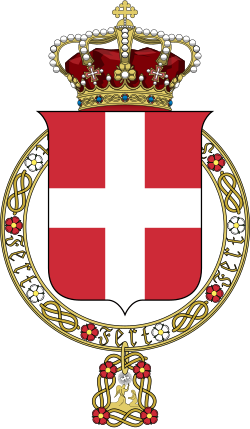Depretis VIII government | |
|---|---|
| 25th Cabinet of Italy | |
 | |
| Date formed | 4 April 1887 |
| Date dissolved | 29 July 1887 |
| People and organisations | |
| Head of state | Umberto I |
| Head of government | Agostino Depretis |
| Total no. of members | 10 |
| Member party | Historical Left |
| History | |
| Predecessor | Depretis VII Cabinet |
| Successor | Crispi I Cabinet |
The Depretis VIII government of Italy held office from 4 April 1887 until 29 July 1887, a total of 116 days, or 3 months and 25 days. [1]
